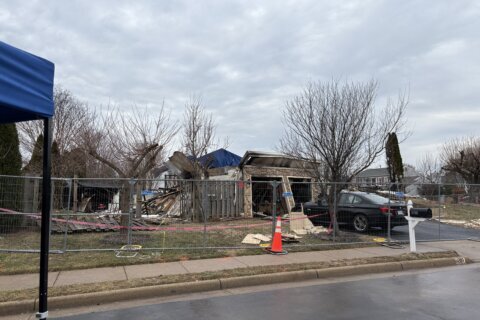Families of cold case murder victims can often go years and years without closure, but one Virginia company said they helped police close the book on dozens of unsolved cases in 2020.
Parabon Nanolabs in Reston, Virginia, said it helped police departments around the country close 50 cases last year, averaging almost one per week.
There was one 10-day period with seven closures, something Ellen Greytak, the Director of Bioinformatics at Parabon, called “amazing.”
“Typically these are very violent crimes that have not been able to be solved either because that person either died or has managed not to commit another crime that would get them into a DNA database,” Greytak said.
So while a DNA sample might exist, there was no obvious match.
Parabon analyzes the DNA sample, sometimes at microscopic-sized levels, and then works with police departments and publicly available genealogical databases to help identify victims or suspects.
“These tend to be people that did not have an obvious motive or a close associate of the victim, that’s why they haven’t been found thus far,” she said.
But Greytak makes clear that Parabon doesn’t just serve these cases up on a silver platter. They’re just providing leads for police to follow up on.
“We’re not the ones who are actually solving the case,” Greytak said. “Even if we give that detective the person’s name, they still need to investigate, prove that is the right person, collect their DNA, get a direct match and develop a prosecution.”
Last year, those 50 cases were on average more than 26-years-old, though one had sat unsolved for 47 years. The smallest piece of DNA analyzed was just over one single nanogram in size. To give a sense of how small that is, a penny is about two billion nanograms in size.








